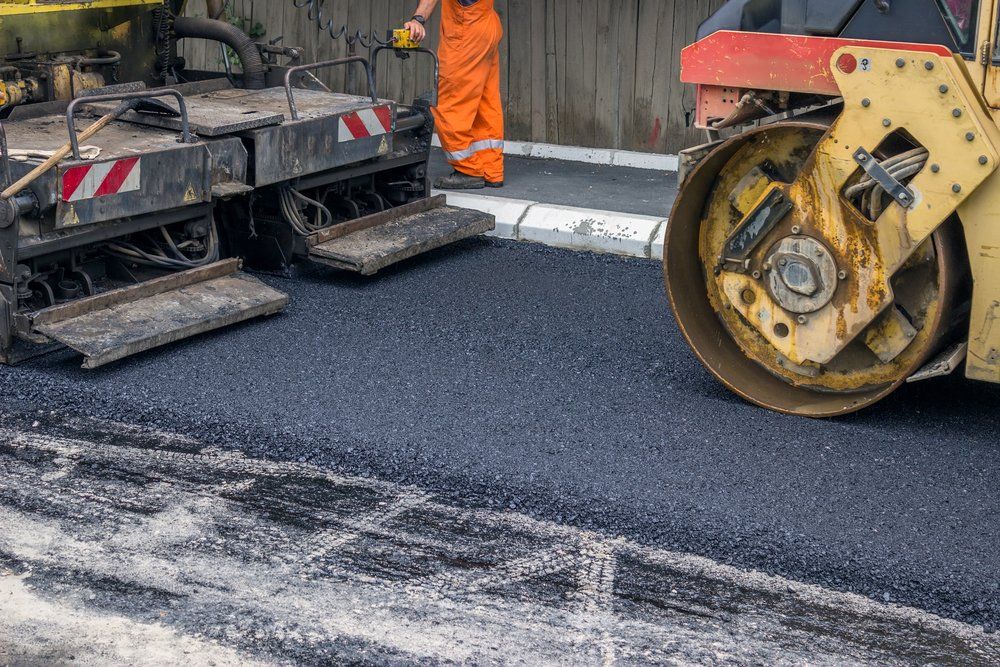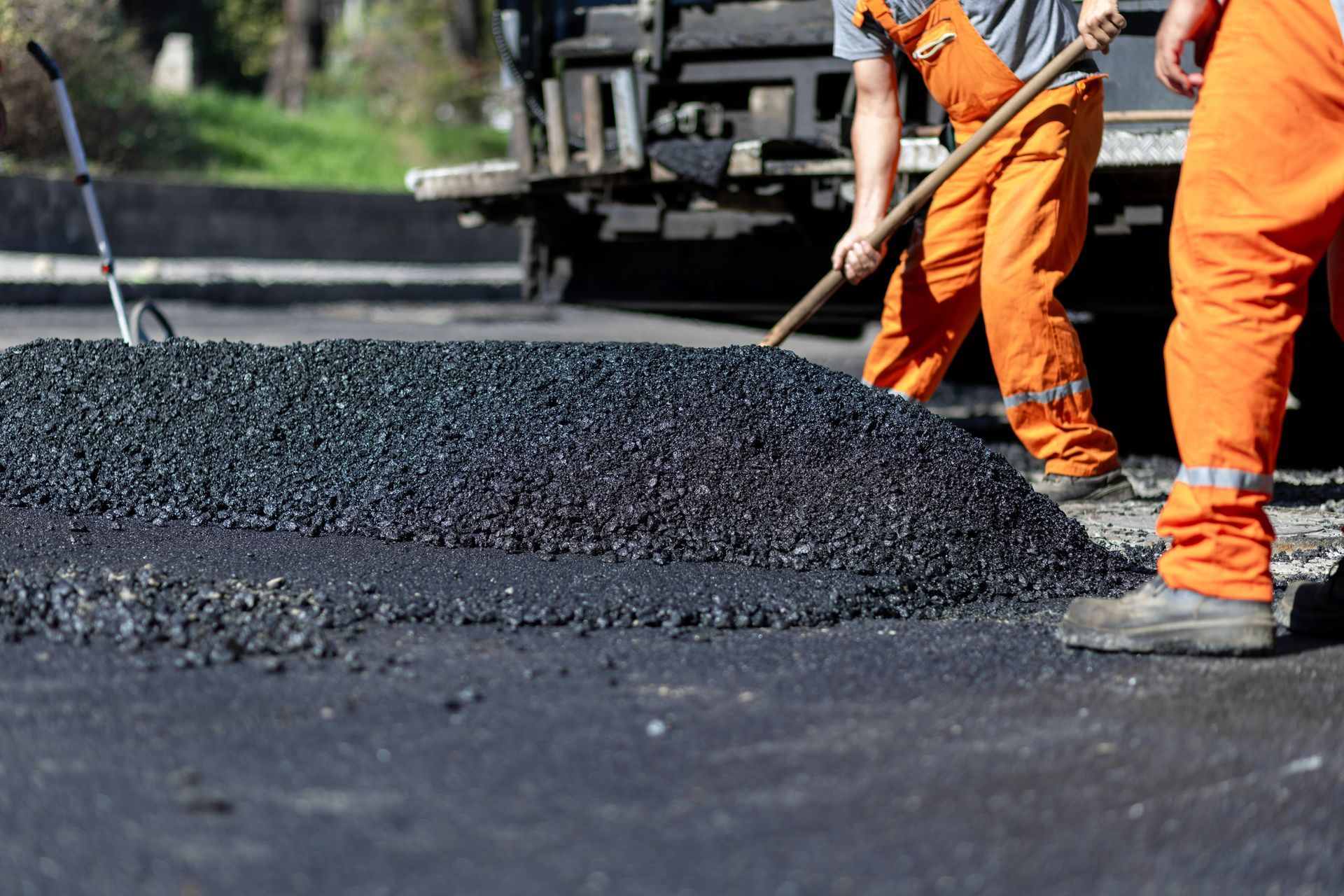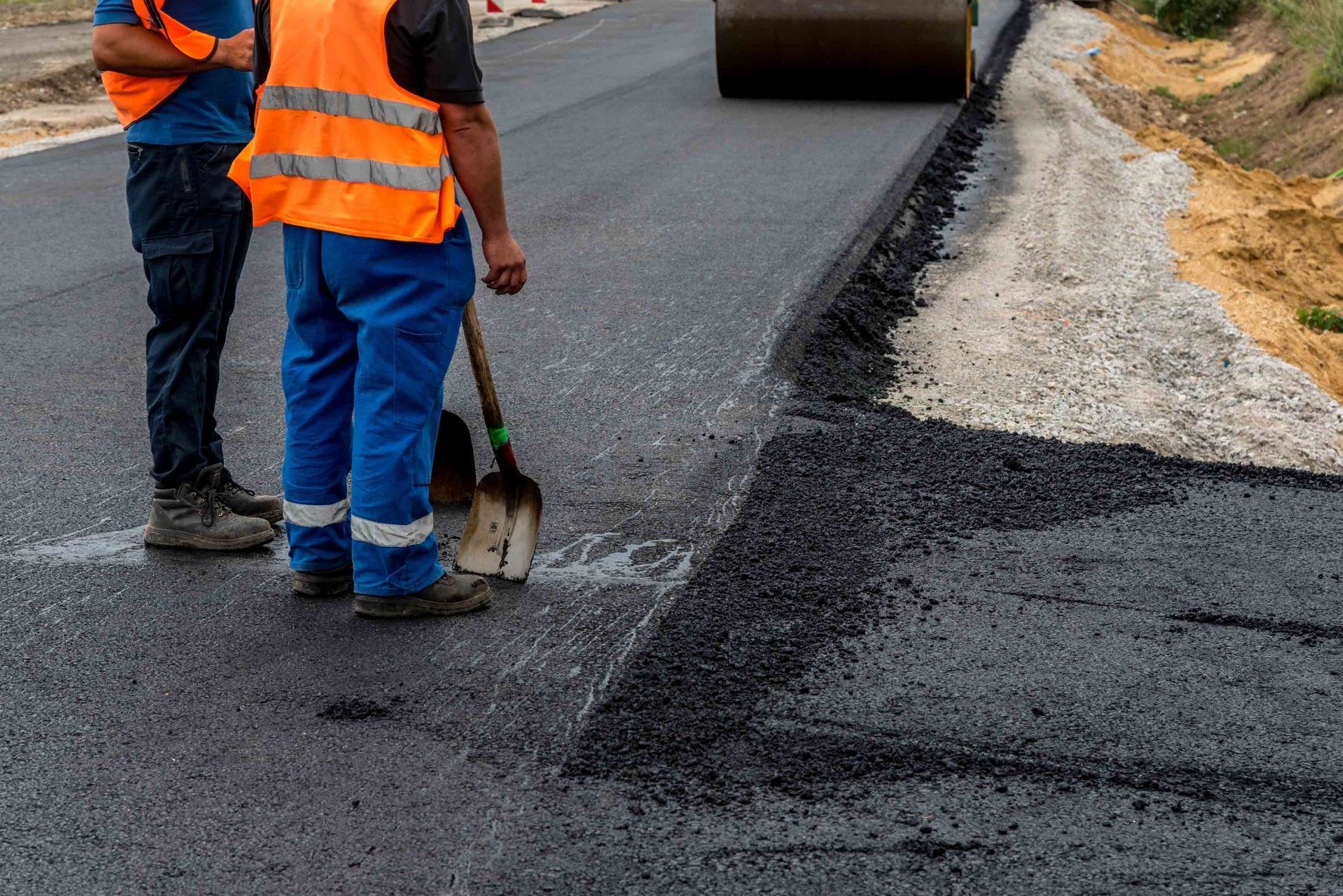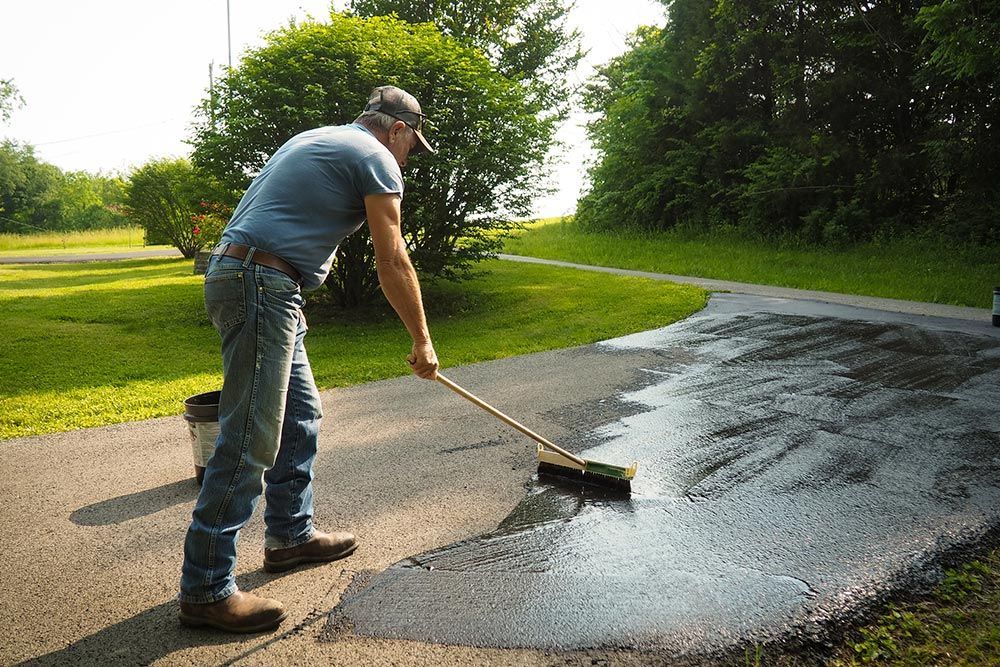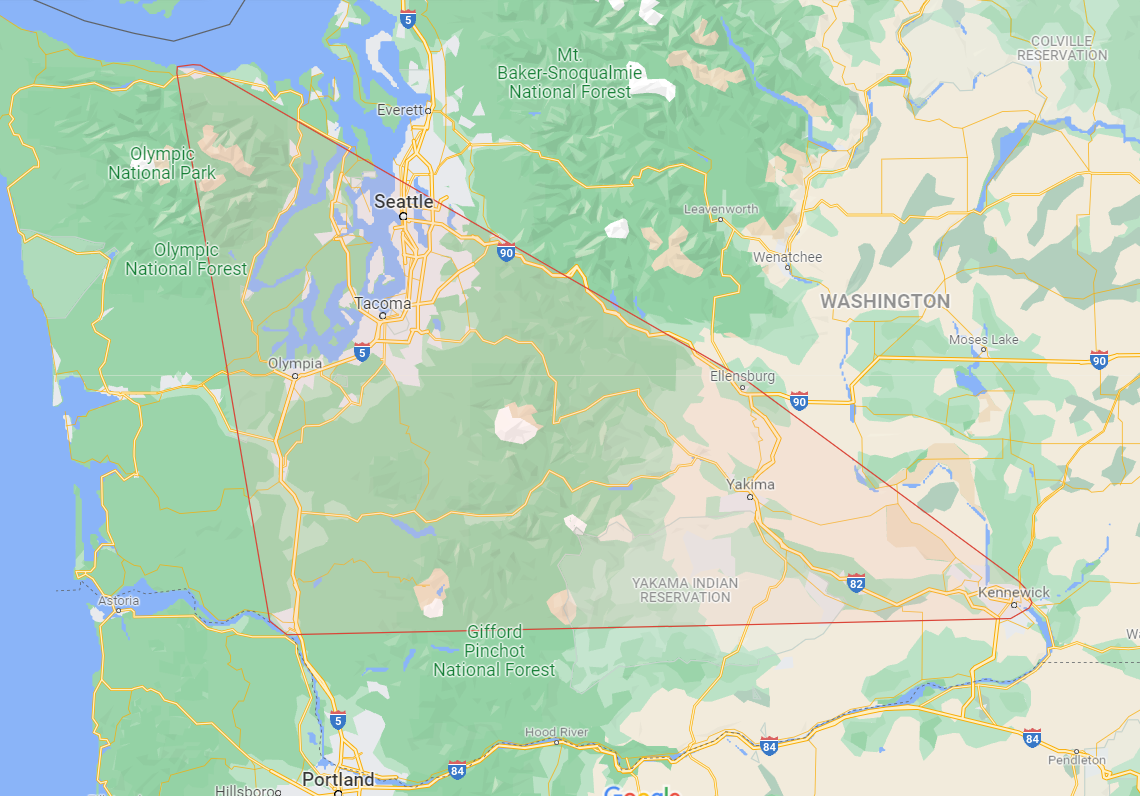Why Your Asphalt Parking Lot Needs Patching | Sealtech Asphalt Inc.
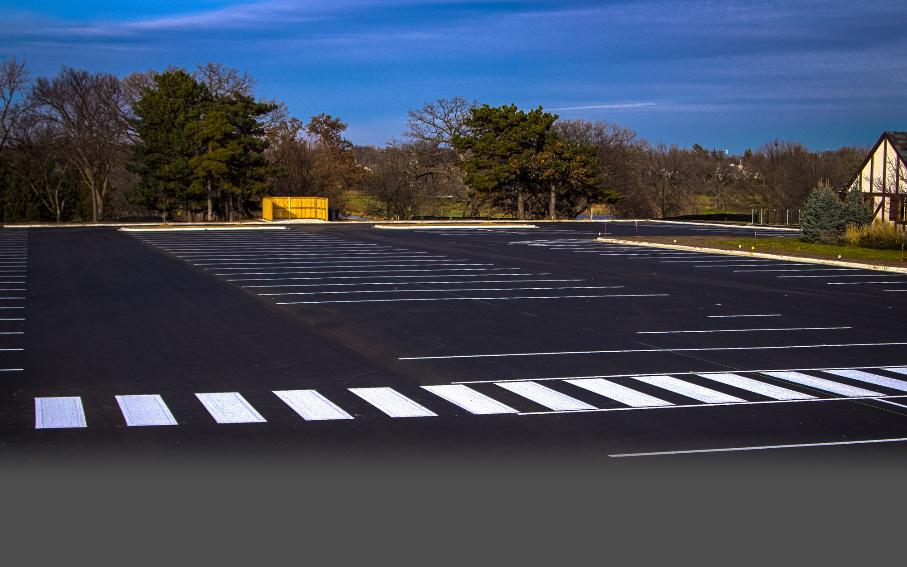
4 Reasons Your Asphalt Parking Lot Needs Patching
Asphalt parking lots may look relatively invulnerable, but like anything else left out in the weather, they can degrade over time. Whether you've fallen behind on maintenance or whether the asphalt is cracking and crumbling because of faulty construction or installation, seeing potholes and alligator cracks appear can be quite a disconcerting experience.
If this does happen to you, you may want to find out what the underlying problem is in order to make informed decisions about repairs. Here are four reasons these types of damages can occur.
1. Weathering
The weather doesn't have any immediately apparent effect on your parking lot, but over time, the damage builds up. Different types of weather, such as UV rays, fluctuating temperatures, and freeze-thaw cycles, can affect the asphalt in various ways:
- UV rays degrade the quality of the tarry substance holding the pavement together, making the pavement less supple and more crumbly.
- Fluctuating temperatures cause the asphalt to expand and contract, causing cracks, especially after the pavement has sustained some UV damage and is more brittle.
- Freeze-thaw cycles attack your asphalt by causing water that's settled in little crannies in your pavement to expand, forcing the cranny's edges apart to cause cracks.
As you can see, the outside world is no friend to your parking lot. Even if this is the only factor causing cracks, you still need to keep up with maintenance if you want a long-lived asphalt surface and hope to avoid potholes.
2. High Traffic
Heavy traffic levels (especially extremely heavy vehicles) can not only cause cracks but also other types of damage such as buckling — and they can eventually lead to potholes as well.
The more customers you get, the more stress your pavement takes, which is why experts recommend that you occasionally have your parking lot re-painted. By repainting your parking lot and designating new parking areas, you allow different areas of the parking lot to take the heaviest traffic, extending the life of your parking lot.
3. Incorrect Installation
You may have inherited your parking lot from the previous facility owner, and if so, you may not have been around when the parking lot was installed. But you can probably imagine how many problems can occur if the contractor did a poor installation job. Here are just a few of them:
- Alligator cracking
- Sunken areas/depressions
- Buckling
- Slippage cracks
- Ruts
Some of these, such as alligator cracking, can be caused by other problems. However, if your pavement is only one or two years old and already has alligator cracks, that's not normal.
4. Oil Leaks
Depending on the type of business you have, your customers may leave their cars in your parking lot for hours at a time — and some of the cars may have slow oil leaks. Oil leaks are a problem for you because the oil breaks down the tarry glue holding your parking lot together, leaving the spot unprotected. If they are not cleaned up, these oil spots can actually lead to potholes.
The initial damage is less extreme. First, the oil eats away at the surface of the asphalt and allows water through. Next, the water works its way all the way down through the layers and causes water damage to the parking lot's foundational levels. Then the entire area of asphalt deteriorates, becomes shot through with cracks, and eventually breaks up until a crater forms.
If you don't patch the area before the pothole finishes forming, the damage could already be spreading to the surrounding asphalt and weakening it as well.
Knowing that your asphalt needs patching is the first step towards getting it patched. The next step is contacting a reputable and experienced company in your area for a quote, so give Sealtech Asphalt Inc. a call today to discuss how we can help you.
